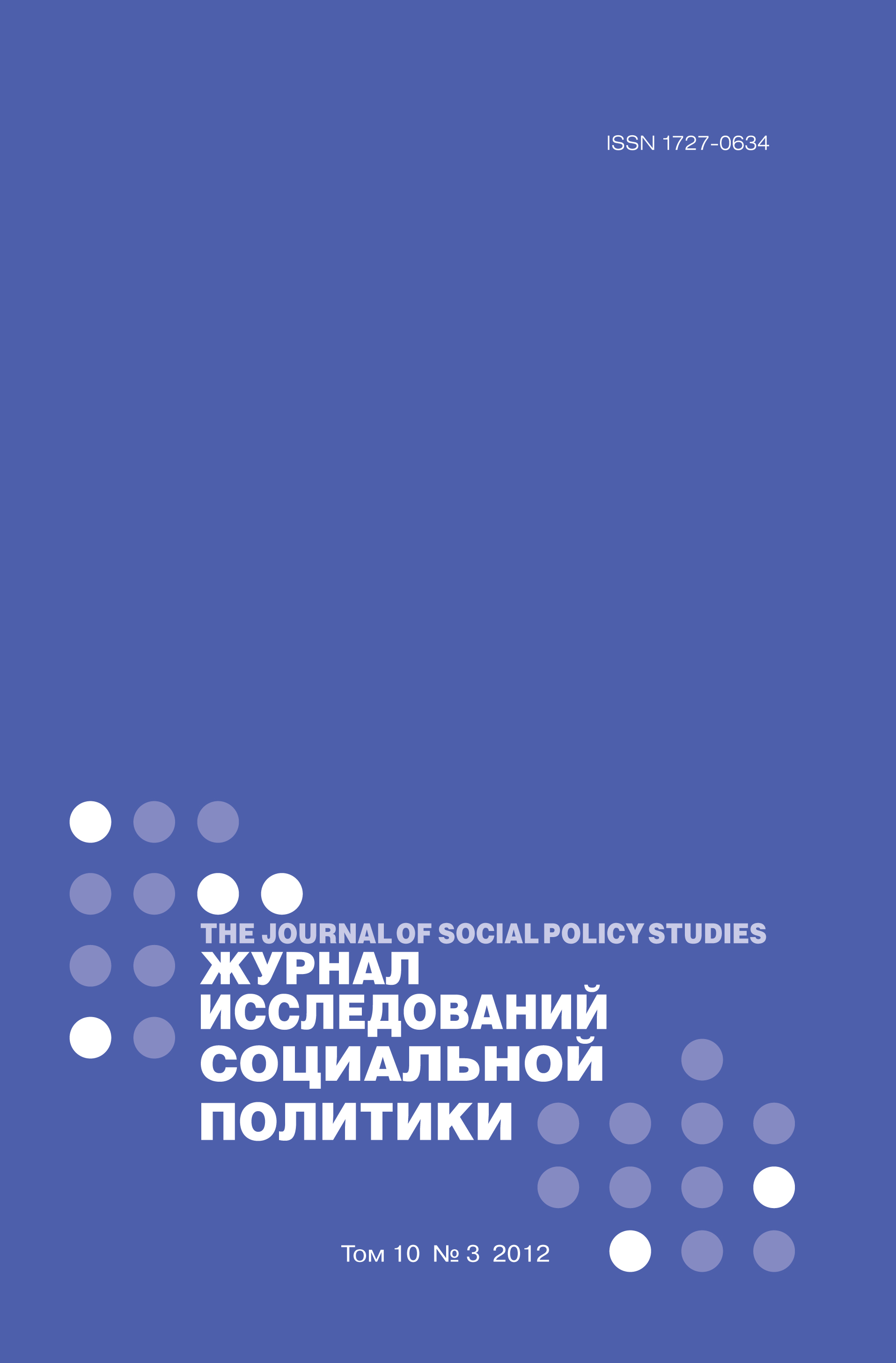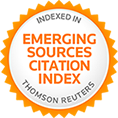Мифология родительства: анализ дискурсивного производства идеальной семьи
Ключевые слова:
семейная политика, родительство, критический дискурс-анализ
Аннотация
Статья посвящена критическому дискурс-анализу официальной риторики, касающейся современной российской политики. Анализ с использованием документов за период с 2006 по 2012 год выявил четыре базовых мифа, легитимирующих содержание и механизмы семейной политики: «кризис», «золотой век семьи», «инструментализм» и «равные возможности». Были выделены модели семьи и родительской заботы, конструируемые в качестве нормативных предписаний в рамках этих мифологий, проанализирована их взаимная когерентность.
Скачивания
Данные скачивания пока не доступны.
Опубликован
2012-10-05
Как цитировать
ПечерскаяН. В. (2012). Мифология родительства: анализ дискурсивного производства идеальной семьи. The Journal of Social Policy Studies, 10(3), 323-342. извлечено от https://jsps.hse.ru/article/view/3469
Раздел
Без рубрики















